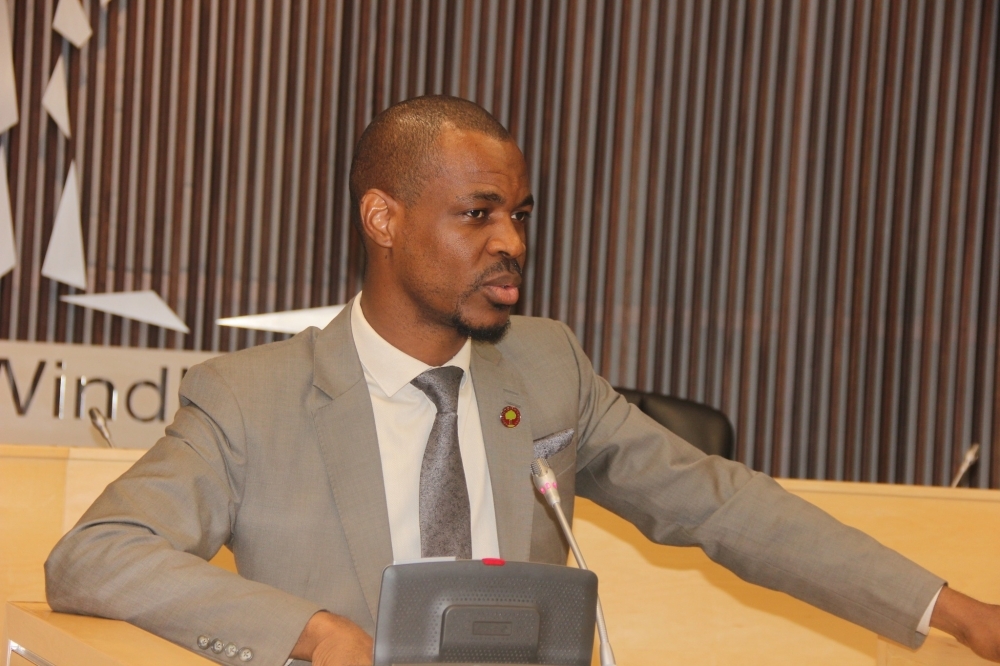Matyayi hits back at ECB
City of Windhoek CEO Moses Matyayi has hit back at the Electricity Control Board (ECB) over its “unrealistic” plans to create a regional electricity distributor (RED) for the central regions of Namibia.He made the comments in response to ECB CEO Robert Kahimise’s claims that the City would - over the long term - be unable to efficiently and effectively provide electricity to its residents, and that it was unwilling to cross-subsidise rural communities within the greater Khomas region.
“The ECB’s assessment of the City’s future ability to provide power is highly regrettable and equally misleading and unprofessional. In my view, this is hitting below the belt, to say the least.
“We rather expect to be supported to make the most out of how best we can plan for the future with the resources at our disposal, and how best to sustainably manage it,” Matyayi said.
The ECB is further abandoning its mandate to regulate electricity, and is unduly usurping the role of a reform proponent, he said.
“It is then clear that they have already chosen a side and they are now both a player and a referee at the same time,” Matyayi fumed.
“The City has provided its position to the minister of mines and energy that reforming the electricity distribution industry [EDI] will do irreparable damage to the political, social and economic aspect of our business as a local government,” he added.
No challenges
The City is the biggest distributor, and this is the reason many players in the EDI want control over its mandate, Matyayi said.
He further dismissed Kahimise’s sentiments that the municipality was bound to run into problems regarding its obligation to provide electricity to its customers.
“The City has had no challenges, nor do we have issues with running our electricity department as part of our core mandate. The municipality can continue distributing electricity for the next 50 years without EDI reform. I’m not sure what informs their view, but this is seriously misleading the public,” he said.
“We don’t owe NamPower. We manage our electricity efficiently without any doubt. Why must we be doubted now, rather than be supported to grow this well-managed resource instead?”
Matyayi added that REDs served little to no purpose in the energy ecosystem, and rather disadvantaged local authorities from revenue-collecting opportunities.
“The model of REDs is indeed cannibalistic and a continued effort to dismantle the local authority sector and render it ineffective, thus we are and will not be part of such biased solutions,” the City CEO noted.
Dead upon arrival
“A central RED was dead upon arrival and will remain a dead horse because we understand that it can easily paralyse the country’s economy. There are national security concerns to a RED model for the City, or EDI reform,” Matyayi said.
“The current RED model does not provide for shareholder value maximisation. REDs have never paid any dividend to local authorities as the shareholder value or return on investments (assets).
“We cannot hold shares just for the pleasure of having them in a company that never delivers desired returns,” he added.
Matyayi vowed to not commit the City to any RED, calling it a failed strategy.
“As a City, we cannot blindly subscribe to the failed strategy without having to do honest introspection on the lessons learnt and how best to improve upon them to create an enabling environment for all players.”



